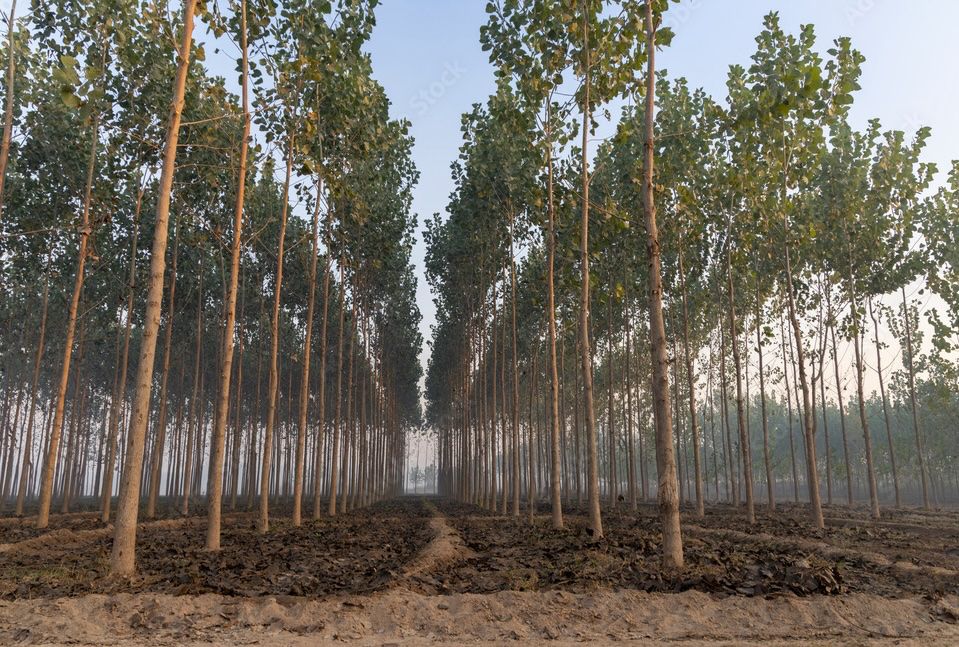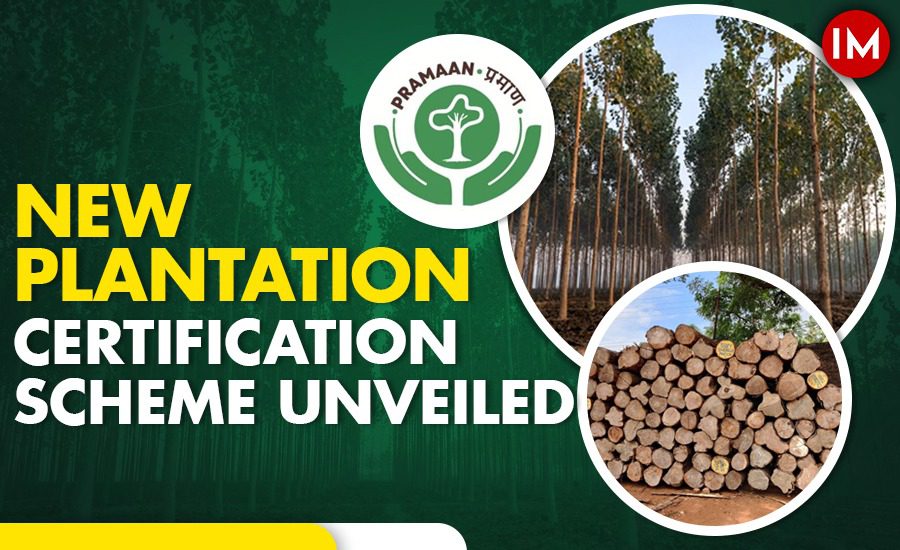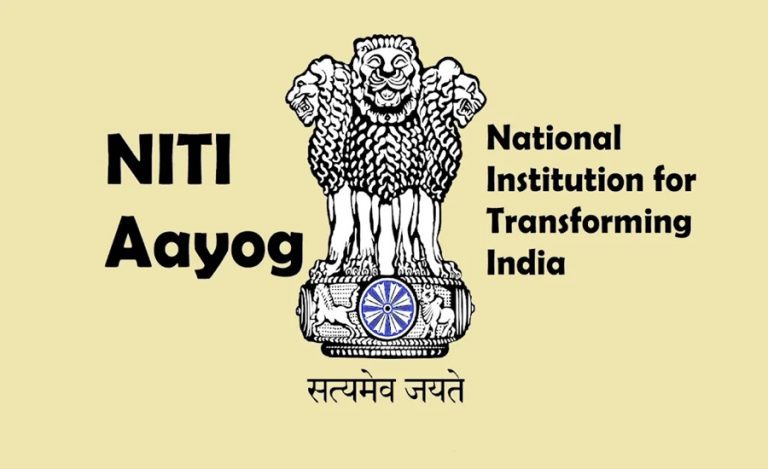In order to promote sustainable forest management and agroforestry in the country, the Ministry of Environment, Forests and Climate Change (MoEFCC) has launched a national forest certification scheme that includes forest management certification, tree outside forest management certification, and chain of custody certification.
Named the Indian Forest and Wood Certification Scheme, it provides market incentives to entities that adhere to responsible forest management and agroforestry practices in their operations. This includes state forest departments, individual farmers, or Farmer Producer Organizations engaged in agroforestry and farm forestry, as well as other wood-based industries in the value chain.
Indian Masterminds spoke to Inspector General of Forests, MoEFCC, Mr. R Raghu Prasad, an IFS officer of 1997 batch and Odisha cadre, to get more details about this certification scheme.

WHAT IS FOREST CERTIFICATION?
Forest certification is regarded as an environmental label or ECOMARK for sustainable forest management practices. Consequently, the Green Credit Program (GCP), administered by the Ministry of Environment, Forest and Climate Change provides the opportunity to earn Green Credits for additional activities.
These activities include afforestation, water-harvesting, conservation and restoration efforts, as well as the production of timber as a sustainable construction and infrastructure development material.
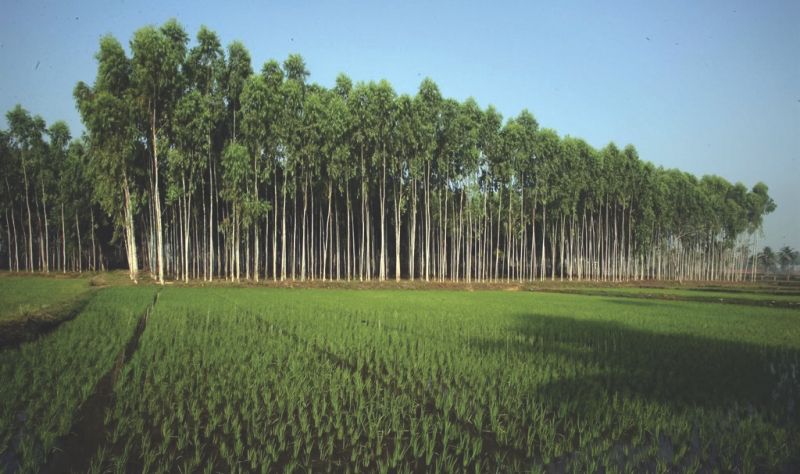
ABOUT IFWCS
The Indian Forest and Wood Certification Scheme (IFWCS) will be overseen by the Indian Forest and Wood Certification Council (IFWCC). The IFWCS will provide market incentives to those forest divisions and plantation areas which effectively implement the criteria and the indicators of Indian Forest Management Standard (IFMS). The certification is applicable for both timber and non-timber forest produce (NTFP).
“The certification scheme is aimed at promoting sustainable management of forest and agroforestry plantations. The scheme is in line with the principles of sustainable forest management, developed and codified in the Indian Forest Management Standard and is in sync with internationally recognised certification systems,” Mr. Prasad said.
The Indian Institute of Forest Management (IIFM), Bhopal will be responsible for overall management of the Indian Forest and Wood Certification Scheme. The National Accreditation Board for Certification Bodies under the Quality Council of India will accredit the certification bodies which will carry out independent audits and assess adherence of various entities on the standards prescribed under the scheme.
Permission for certification mark and logo use will be issued by IIFM on the recommendation of a NABCB-accredited certification body.
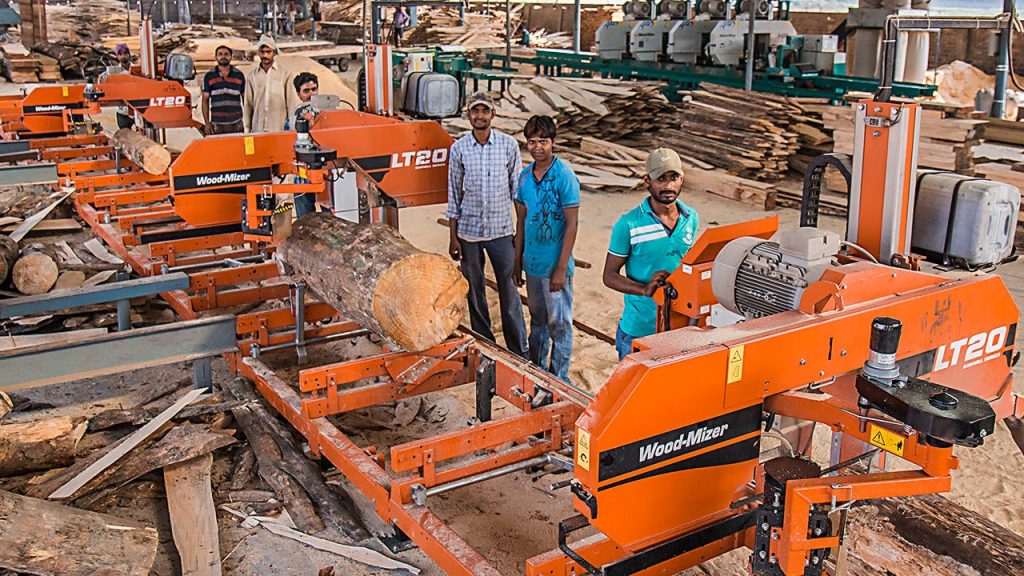
CERTIFICATION PROCESS
For the certification of forests, the applicants will be the state or Union Territory forest departments managing state or community-owned forests spread across forest divisions or plantation divisions.
For the certification of trees outside forests including plantations, agroforestry, farm forestry etc., raised on outside forest lands, the applicants will be the owners of such trees or plantations individually as farmers or as a group of farmers, or institutions or industries, or other entities at any stage of the wood value chain.
“A unique feature of the scheme is the Trees Outside Forest (TOF) Certification, designed to cater to the unique needs of agroforestry plantations. Certified TOF plantations can expect a higher return on its produce,” said Mr. Prasad.
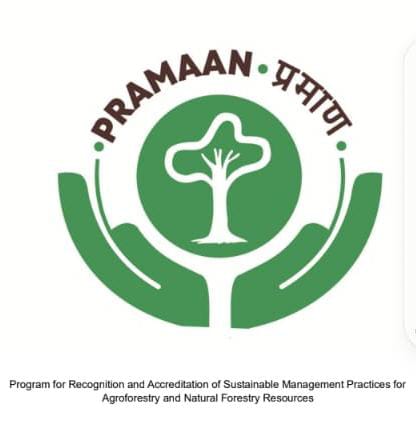
The certification shall be valid for five years after it has been awarded, but a yearly surveillance will be carried out to make sure that all certification standards are being met, and to check for any new problems that may have arisen during this time. A fee shall also be levied against the use of brand name, logo, or trademark usage.
On grant of certification, the entity would be provided a certificate with a unique identification number that lists the names of the certified areas, the effective date, the validity date, the name and address of the entity, and the forest and plantation areas that are covered under the scope of the certification.
Mr. Prasad concluded by saying, “This scheme is expected to stand out as an alternative to the existing certification systems not only within India but for countries across the world.”
